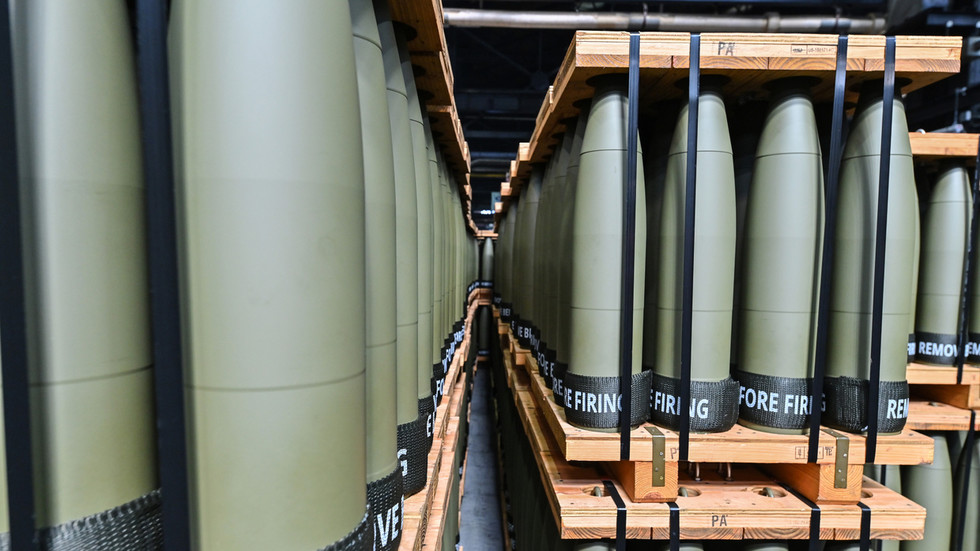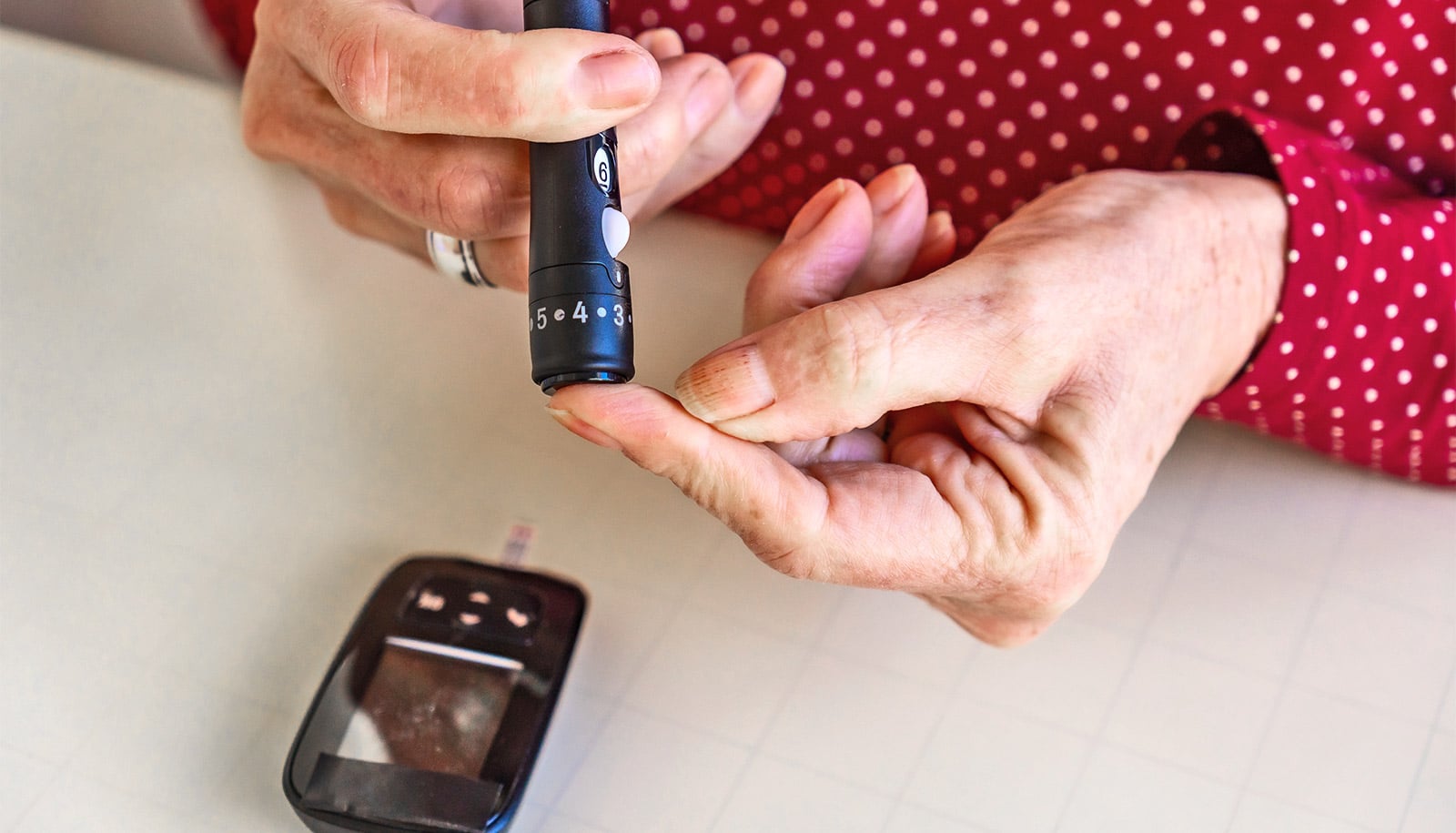In the past several months, Yousafzai received word that two relatives in his home village near Jalalabad had disappeared. A friend’s brother, a doctor, was found dead, his body mutilated. Yousafzai has viewed videos of families selling their children out of desperation and forwarded to me images of unspeakable atrocities. On Tuesday his wife told him that their former neighbor reported that he and his family had not had any food for three days.
This cannonade of despair wears on the Afghan community in Sacramento like asphalt slowly stripping away a tire’s last treads.
“Every second you get another terrible story,” Yousafzai told me this week. “Day and night, 24 hours, a story about a kidnapped person, a story about a hungry person, another text message, another call.”
He wishes he could unplug. But he has sisters to comfort in Afghanistan, friends all over the country to support in whatever way he can.
For now Yousafzai says he will remain in his oddly bifurcated world. He sleepwalks through the conveniences of suburban American life. He drives to and from the office, sometimes absent-mindedly making wrong turns. He pushes a cart through the fluorescent-lit aisles of WinCo, a discount supermarket, filling his cart with the cheap bounty of California agriculture: tomatoes, onions, cucumbers, spinach. But his mind, he says, still wanders the dusty streets of eastern Afghanistan and ponders the privations, and hunger, of family and friends.
Yousafzai says he tries to clear his head with walks through his neighborhood. He strolls past the earth-colored homes of his subdivision, down to the collision repair shop, the Amazon warehouse and the animal shelter.
“I try to get everything out of my mind,” he told me. “But it never goes away.”

















Discussion about this post